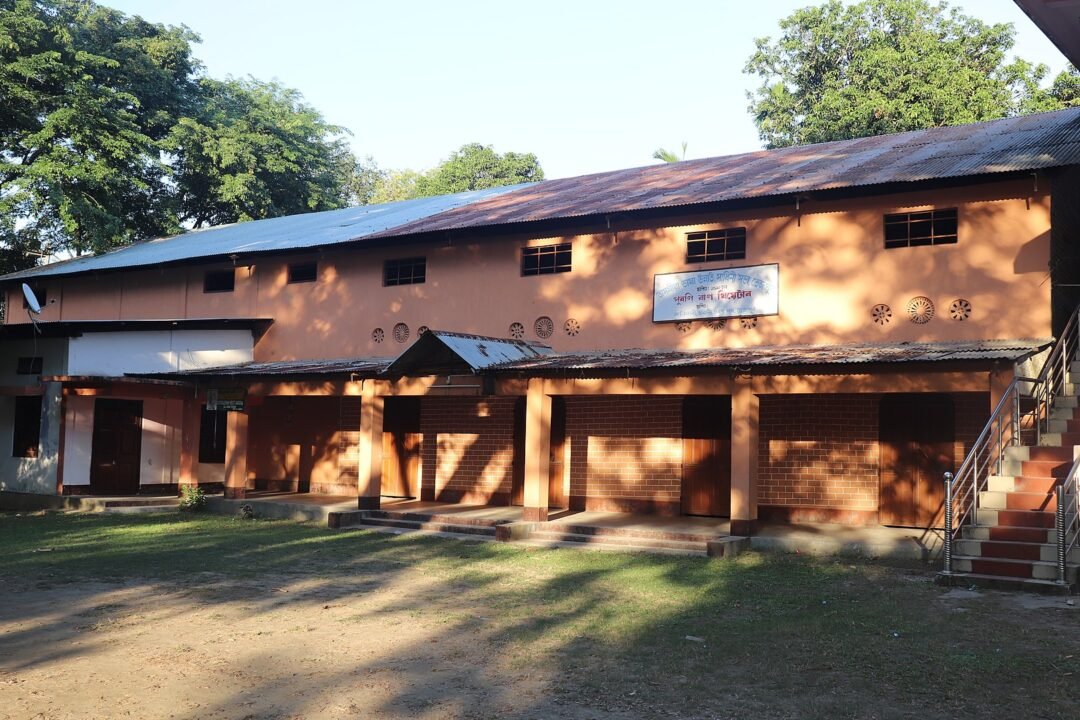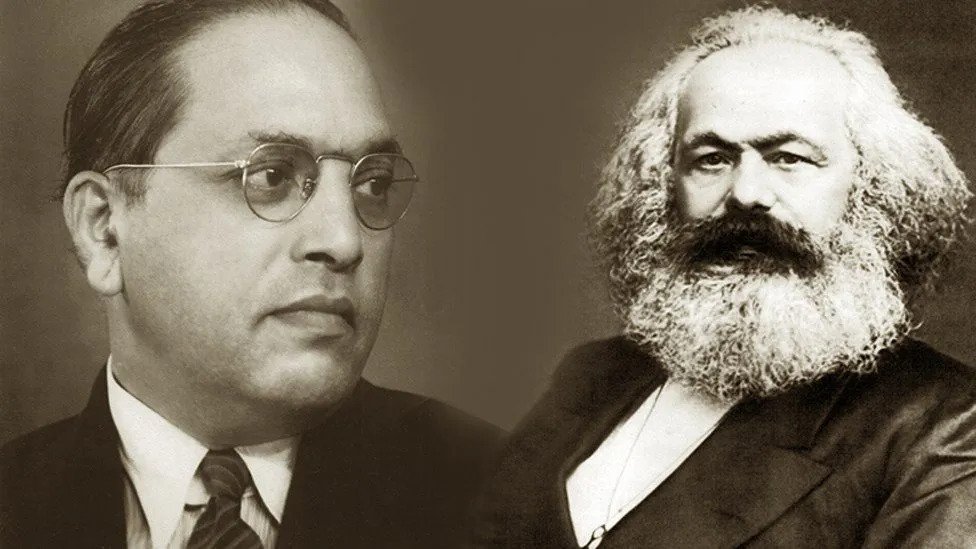By: Dr. Ratan Bhattacharjee
“In my talk I delved into the importance of Mythology on Romantic dramas, focusing on Prometheus Unbound by P.B. Shelley and Proserpine and Midas by Mary Shelley composed during their stay in Italy (between 1818 and 1820). The presumably unstageable mythological and pastoral plays created by several Romantic writers in this period (see, for example, Leigh Hunt’s The Descent of Liberty, a Mask, Lord Byron’s Manfred and Mary Shelley’s Proserpine and Midas) have been widely perceived as a reaction to the supposed crisis of the stage (and of society), which implied retreating from it into an idealised world: hence, they are categorised as mental or closet theatre” said Dr Elisabetta Marino Associate Professor of the University of Rome Tor Vergatta in her second day Presidential Speech for the two day International Seminar on ‘Myth, History and Culture’ (Jan 22-23) organized by Vasant Kanya Mahavidyalaya in Varanasi.
“Myths were not only used for teaching cultural values but also to create a structure in society “I tried to establish in my keynote lecture on the Seminar on the first day. The argument got its sharp edge when Professor Marino referred to the important aspect of Aristocratic withdrawal from society as she elaborated, “Nonetheless, as Jeffrey Cox (1996:247) has compellingly argued, romantic dramas on mythological subjects did not wish to express an aristocratic withdrawal from society nor did they signify the decline and fall of the cathartic potential of the theatre; on the contrary, they are meant to be interpreted as “an attempt to remake”, to rejuvenate the stage, by negotiating between tradition and innovation, thus claiming “cultural influence for a countercultural message” (Cox 1996:247).
Myth was an important part of the human psyche that allowed it to find order and meaning in the world. Principal Dr. Rachna Srivastava of the Organising College in Varanasi opened the session by saying that mythology has been an integral part of human culture and society since the dawn of civilization from the Greek Gods to the ancient Hindu Deities to the Norse Gods mythology has played a vital role in shaping our understanding of the world and our place in it. Despite the passage of time, mythology has remained relevant in modern society and continues to influence our beliefs, values and behaviour. Modern retelling of myths has impacted fiction, films, media and popular culture. Myths not only affect historical narratives but also historical events.
Manager Uma Bhattacharyya of the college also focused how myths are part of every culture and are used to explain natural phenomenon offering insight into how civilizations developed and answers to unsolved mysteries of the universe. Dr. Pradeep H. Gulati President The Theosophical Society sent his wishes for the very encouraging, rewarding and fruitful seminar. He rightly hoped that the discussions over the two days in the seminar would give new dimensions linking myth history and culture. Organising Secretary Prof Niharika Lal also stressed how myths remain an essential area of interest for humanities. Orient and Occident myths help us understand the culture and history of a particular people. Many myths again try to explain allegorically natural phenomena. Convener Dr. Purnima Singh was delighted to announce that the seminar will offer a confluence of scholars from India and abroad she rightly concludes that myths above all, help us understand the human condition.
In my keynote address l focused on ‘Re-reading of Historical, Aetiological and Psychological myths’. I discussed the importance of myths in different cultures and the three types of myths that dominate our history and culture. Valmiki Ramayana alone is enough to show the mythologizing history and historicizing myth. History is primarily based on proof and records, whilst mythology is based totally on stories and legends. But when the scholars honestly provide proofs, mythology changes its connotation. When everyday experiences are projected into an imaginary world, reality is emptied. These myths are stories of the journey from the known world to the unknown world.
Carl Jung and Joseph Campbell believe psychological myths were told as it was a psychological need for individuals to balance their outside world with their inner consciousness of it. Emptied reality in the mythology relates to Barthes’s statement that “[t]he function of myth is to empty reality: Dr. Prakash Joshi Professor of English Dept of Allahabad University was the special invitee in the Seminar and he focused on the importance of regional myths. He analysed how deeply they create impact on Indian culture. He talked about myths and folklores of Kumaun region in Uttarakhand which is known for its scenic beauty and eco consciousness. His British accent enthralled the young audience. Dr Jai Singh Associate Professor of EFFLU Hyderabad analysed how Occident meets Orient and he mused on how India is seen in Western Imagination. India and West were connected since the arrival of the East India Company. The British scholars were showing interest in translation of the Indian texts and the earlier relation that existed between India and West became stronger. During the first three decades of Company Orientation. History was transformed in a new way.
The forty five online participants enriched the seminar in multiple ways through their deliberation. Maria Montesinos Castafieda Teaching assistant of Texsas A& M University focused on the myth of the bivium which proceeded from antiquity by thinkers such as Prodicus of Ceos, Xenophon of Athens, Hesiod, Ciecero or Quintillian. Her paper delves into the sources of the myth. Dr Sashi Prava Kashyap analyses the interplay between myth and psychology. D.Phil Scholar Anuradha tried to focus on the myths of Malgudi Days of R,K Narayan. Discussion on Mithila folk paniting came in the paper presented by Dishsa Jaiswal. Dr. Naveen Kumar of Govt Nehru PG College traced the diasporic dimension of the Parsi myths. Dr. Sanjukta Banerjee of Ashruram Memorial College of West Bengal analyses Chira Divakarni’s Stance on Novels on mythology. Subhasis Pal of BHU analyses modernist mythology of fear horror tales of Howard Phillips Lovecraft.
Dr Nikhilesh Dhar, Prof Sarvajit Mukherji,Dr. Sumana Mukherjee also presented papers online. Dr. Deepika Agarwal of MSDSU Azamgarh discussed Shashi Tharoor’s The Great Indian Novel and shows how myths and history are integrated. Dr. Anagha Babu from Christ University asserted that the popular culture of India has taken India to a good ranking in the soft power table. Her paper is titled as Reviving Viduras to portray this essence with special emphasis on indigenous Culture and Oral traditions. Transgender in Indian myth and culture is analysed in the paper ‘of Ashok Maurya, Niharika Maurya, Yogita Santosh Sonawane. Dr Rajiv Ranjan Dwivedi of Delhi Technological University Dr. Dharmendra Kumar of H.N.B Garhwal University, Dr. Nisha Gupta Professor of English of D.A V College Kanpur Dr. Sheyequa Tanzeel of Gorakhpur University also presented wonderful papers on myths from multiple perspectives. In her Presidential speech on the Inaugural session Dr. Anita Singh, Head, Dept of English Banaras Hindu University rightly asserted the celebration part of the myth. She was trying to focus on the role of myth in culture as many speakers dealt mostly with history. Her clear voice and wonderful analysis in so short time fascinated the audience.
Dr. Ayyappa Raja Sanathan Associate Professor of English Annamalai University made some brilliant observation on varied aspects of myth. He made the session lively by his deliberation. The seminar being conducted on hybrid mode combining both online and offline lectures, a good number of speakers from all over the world participated in the seminar. On the very auspicious day of consecration of Lord Rama in Ayodhya this conference on myth gained immense relevance and significance. (The author is an Affiliate Faculty of English in Virgiinia Commonwealth University Richmond and a multilingual writer. H can be reached at bhattachrjr@vcu.edu)







